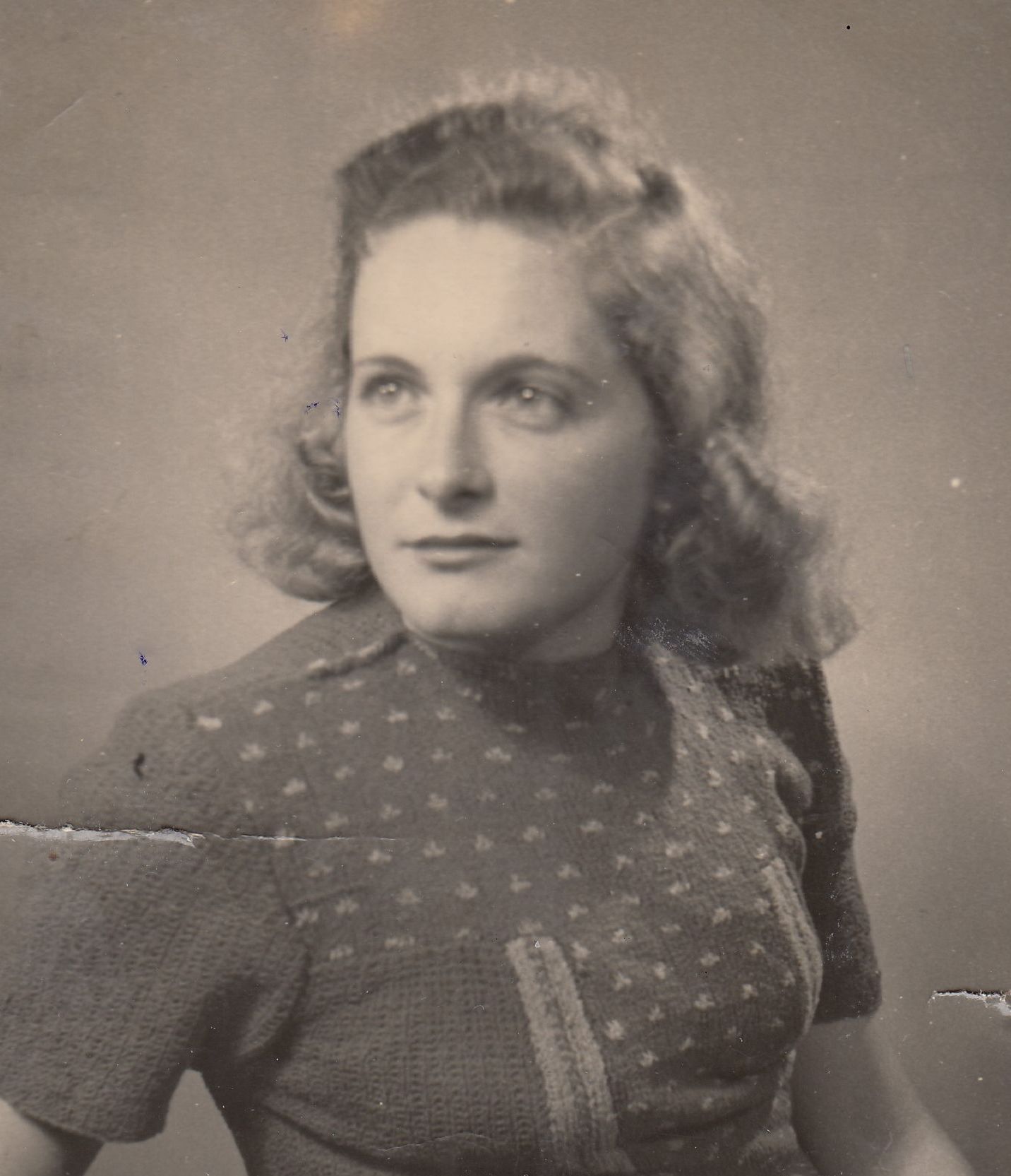When my father returned from the concentration camp, his hair was completely white

Download image
Zdenka Kmochová was born in the small village of Srnín in South Bohemia on 13 June 1928. Her father Václav Kmoch, a carpenter, worked as a road supervisor in Český Krumlov from the 1930s on. Her mother Kristína Kmochová, née Ferenbauerová, was a trained seamstress. In 1939, Václav Kmoch joined the resistance movement Defence of the Nation. He helped with the printing and distribution of anti-German leaflets. Their group was betrayed in 1943. The Gestapo arrested the father directly in the office in České Budějovice. Without a trial, he was sent to Terezín, then to the concentration camp in Auschwitz, and after a year he was moved to the concentration camp in Buchenwald. He returned home in June 1945. Until death, he was a member of the Czech Union of Anti-Fascist Fighters (ČSPB). Zdenka Kmochová describes the transformation of life in and around Srnín before and during the war. She experienced interrogations by the Gestapo twice. Completing a two-year business school in 1944, she had to work as an accountant for Max Tschunko, a German car repair shop owner and SS member in Český Krumlov. After the liberation, she met soldiers of the American and Red Army. She never joined the Communist Party of Czechoslovakia (KSČ). Shortly after the war, she married and moved to eastern Slovakia with her husband Václav Dráb. The two separated after a short time. Together with her several-month-old son, she returned to her parents in Srnín, where she lives with her family to this day (2024).
























